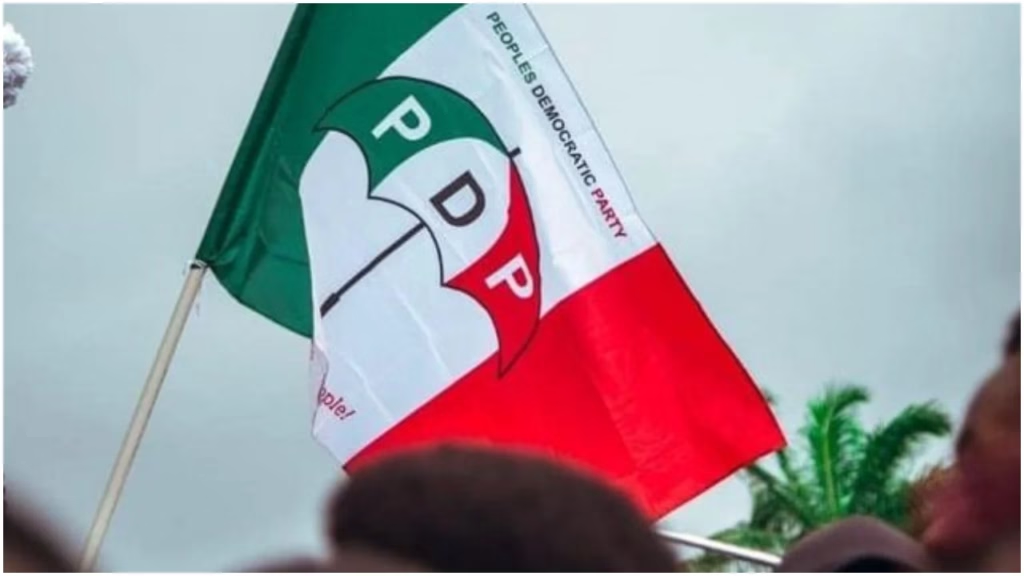A senior official in Nigeria’s Kaduna State has claimed that the opposition People’s Democratic Party (PDP) faces deepening challenges following the resignation of a key local leader. Sanusi Magaji Kudan, widely known as Mai Kwando, stepped down as ward chairman for the PDP’s 2023 gubernatorial candidate, Alhaji Isa Ashiru, in Kudan Local Government Area. The move has drawn sharp commentary from local authorities, signaling potential shifts in political alliances ahead of Nigeria’s 2027 elections.
Kudan Local Government Chairman Dauda Ilya Abba, a member of the ruling All Progressives Congress (APC), praised Mai Kwando’s departure from the PDP in a statement released Sunday. Describing the PDP as a “sinking ship headed for the bottom of the sea politically,” Abba framed the resignation as a “bold step” toward aligning with a “better platform” to serve constituents. He explicitly urged Mai Kwando to join the APC, citing the party’s “positive impact” on local communities and asserting that the APC remains the leader’s “true home.”
Abba also dismissed speculation that the African Democratic Congress (ADC) might recruit Mai Kwando, cautioning the smaller opposition party against viewing his exit as a gain. “This is not your catch,” the statement read, emphasizing the APC’s claim to the former PDP chairman’s allegiance. The remarks reflect intensifying competition among Nigerian political parties as regional power dynamics evolve.
The local chairman’s comments align with broader claims of growing momentum for the APC in Kaduna. Abba pointed to a “wave of defections” to the ruling party, attributing the trend to Governor Uba Sani’s governance. He highlighted rural development initiatives, human capital projects, and the completion of inherited infrastructure programs across the state’s 23 local government areas as factors bolstering the APC’s appeal. The governor’s re-election in 2027, Abba argued, is now “a matter of time.”
Mai Kwando’s resignation underscores ongoing realignments within Nigeria’s political landscape, particularly in northern states where local loyalties often shape electoral outcomes. While the PDP has yet to publicly address the departure, the APC’s overtures suggest strategic efforts to consolidate support ahead of upcoming polls. Analysts note that such defections could weaken opposition cohesion, though the long-term impact hinges on the ruling party’s ability to translate recruitment drives into sustained voter confidence.
The APC has governed Kaduna since 2015, with Governor Sani elected in 2023 following the contentious departure of former governor Nasir El-Rufai. The state, a key political and economic hub in Nigeria’s northwest, has seen increased focus on infrastructure and security under APC leadership, though critics argue progress remains uneven. As parties jostle for advantage, figures like Mai Kwando—local leaders with grassroots influence—emerge as critical players in shaping Nigeria’s complex electoral equations.
